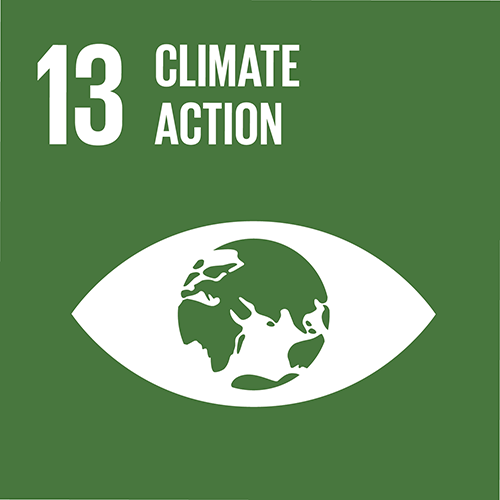Efficient Cookstoves for Rural Communities in the Tea Highlands in Kenya
Project type: Efficient cook stoves
Project location: Kenya
Project status: Planned, credits available
Annual emission reduction of the whole project: 489’413 t CO2e
This climate protection project works with rural communities. By introducing energy-efficient cook stoves that are produced locally, greenhouse gases and forest degradation are reduced. The project will create jobs and empower women, youth and marginalised groups.
In the hills of Nyamira County, where the majority of farmers grow tea, over 90 per cent of the rural households use firewood as their main source of energy, while 70 per cent of the urban and peri urban population use charcoal. This has contributed to declining forest cover in Kenya, destruction of watersheds and other environmental challenges. This environmental degradation and climate change has resulted in reduced agricultural production, food insecurity, water scarcity and extreme weather patterns. This means that thousands of rural people are being driven deeper into poverty, peace is being threatened and rural-urban migration is accelerating.
Project and implementing partner
The project and implementing partner of myclimate is Tombe Action for Rural Development (TARD), a community-based organisation in Kenya founded in 2011. TARD works with women, youth, local and national government to create awareness about climate change and providing alternative technologies. The group has developed a 10-year project to holistically address the above challenges and contribute to the global good.
Two different kind of efficient cook stoves
The project promotes, firstly, the adoption of fixed twin rocket stoves targeting rural households using three stone open fires and, secondly, the use of insulated improved efficiency charcoal stove to replace the use of inefficient non insulated metallic charcoal stoves. The fixed twin rocket stoves are made of clay, sawdust and bricks which are locally available. The insulated charcoals stoves are made of galvanised metal sheet, clay liners and insulation material.
The charcoal cook stove is not only beautiful and appealing, but it also uses less charcoal and cooks faster. The cook stove is affordable and I am glad I was able to buy it.
Job creating and raising awareness of climate change and climate smart agriculture
The project has been designed to present communities with various benefits over time. Key being the introduction of efficient cook stoves. To achieve this, TARD plans to create jobs for artisans in stove construction, workshop employees for charcoal stove production, community mobilisers and office staff for daily coordination. The project aims to give women and youth the opportunity to start a business supplying them with raw materials and parts for stove construction.
The project has not only given us access to efficient stoves, but also raised awareness about climate change and what actions we need to take. I am more passionate about using the stove as it not only reduces the amount of wood I use but also contributes to a safer environment.
The other groups will be targeted for awareness creation on climate change, climate smart agriculture, water resource conservation and enterprise development. TARD is looking to increase its funding for a scholarship fund, a special fund for capacity building and the prevention of early child pregnancies among children.
This project contributes to 5 SDGs*
*as at the end of 2023. Find out how myclimate reports these SDGs in our FAQ.
The following SDGs will be verified by the Gold Standard:
The project targets to reach 100 schools and over 100,000 community members within five years.
The project will create opportunities for jobs and skills development for women.
Over 1 million households will benefit from clean cooking.
The project will create employment to around 100 rocket stove construction artisans, 120 workshop employees for charcoal stove production, over 50 community mobilizers and 30 office staff for day-to-day coordination.
The project will result in a reduction of averagely 489,413 t CO2e per year.
Situation without project
Use of inefficient cookstovesDocumentations
Project standard

Project number
7254













